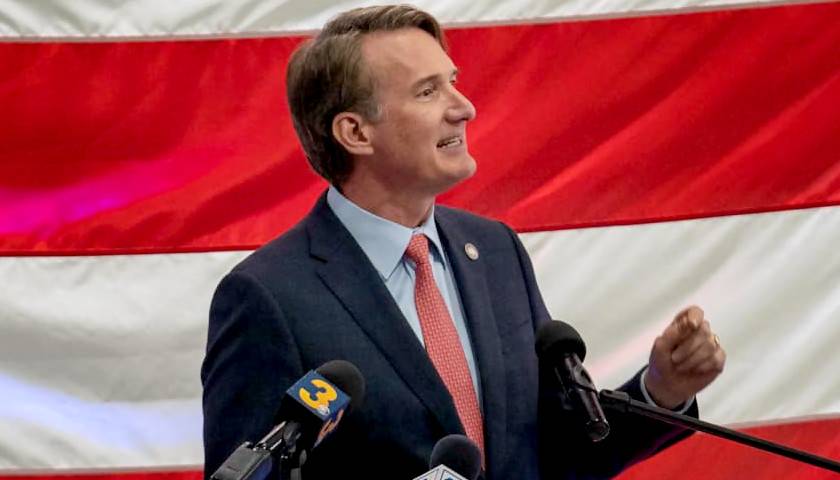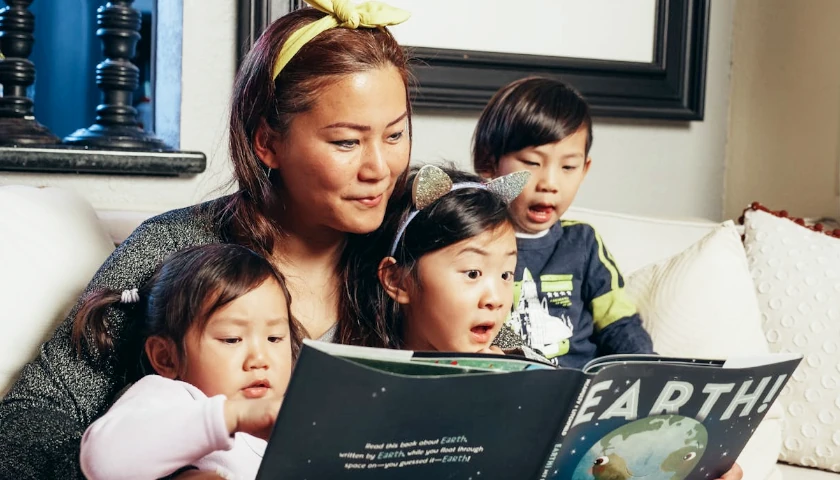by Madison Hirneisen
Virginia Gov. Glenn Youngkin signed into law a pair of bills Monday aimed at providing greater financial flexibility for individuals with developmental disabilities who receive waiver services – a move supporters say will translate to greater “buying power” for people with disabilities to invest in technology that allows them to live independently.
Virginia currently offers several kinds of Disability Waivers – including Community Living, Family and Individual Supports, and Building Independence waivers – for individuals diagnosed with a developmental disability. The waivers offer long-term support for people with developmental disabilities and include access to services, including assistive technology and electronic home-based services.
Under an existing statute established in the 1990’s, individuals who utilized the assistive technology and electronic home-based services were subject to a $5,000 annual cap for these services. The bills signed by Youngkin on Monday – HB 1963 and SB 945 – would double the cap, allowing families and individuals to use up to $10,000 for approved services or assistive items.
Del. Chris Runion, R-Albemarle, the author of HB 1963, argued during a January committee hearing that the bill will help address inflationary pressure that are pushing up the cost of goods and services. Runion told lawmakers inflation has “pushed the cost of services and activities to a much higher level, so the $5,000 cap, which has been in place for a number of years, is no longer adequate.”
Supporters of the bills, which include groups like the Arc of Virginia and the Virginia Board for People with Disabilities, underscored a similar sentiment, arguing the cost of technology has risen in recent years, but the cap has remained the same.
“This legislation means greater ‘buying power’ for people with developmental disabilities to invest in technology to live more independently,” Tonya Milling, executive director of the Arc of Virginia, told The Center Square in an email. “The annual caps imposed (prior to HB1963/SB945) put up barriers to accessing certain items because they cost more than the $5k/per service limit and would not be approved.”
“With a combined $10k available between services, people with disabilities will be able to apply for more expensive tech that will help promote autonomy and inclusivity,” Milling added.
According to a fiscal impact statement, the Department of Medical Assistance Services estimates that doubling the annual cap to $10,000 would also double expenditures for these services. Specifically, DMAS estimates a cost of more than $846,900 in fiscal year 2024 and over $891,000 in fiscal year 2025, factoring in an additional 5 percent annual growth rate in utilization.
Both HB 1936 and SB 945 were passed with unanimous support as they wove through the legislature and did not receive any opposition in committee. The measures were among the handful of bills Youngkin signed in Roanoke on Monday.
The governor, who faces an 11:59 p.m. Monday action deadline for bills sent by the General Assembly, also signed into law a pair of bills – HB 1554 and SB 943 – that will require every public high school in the state to publicly identify the faculty member responsible for special education transition planning and coordination on its website.
Del. Emily Brewer, R-Isle of Wight, the author of HB 1554, said in a statement Monday the new law “means that the transition process will be more transparent for parents as they navigate special education services.” The bill passed through the General Assembly with an unanimous vote.
In other action, Youngkin also signed SB 1430 into law Monday, which will require the state’s Department of Education to convene a stakeholder work group to make recommendations on improving access and reduce barriers for paid work-based learning experience for students who are English language learners.
– – –
Madison Hirneisen is a staff reporter covering Virginia and Maryland for The Center Square. Madison previously covered California for The Center Square out of Los Angeles, but recently relocated to the DC area.
Photo “Gov Glenn Youngkin” by Gov Glenn Youngkin.




